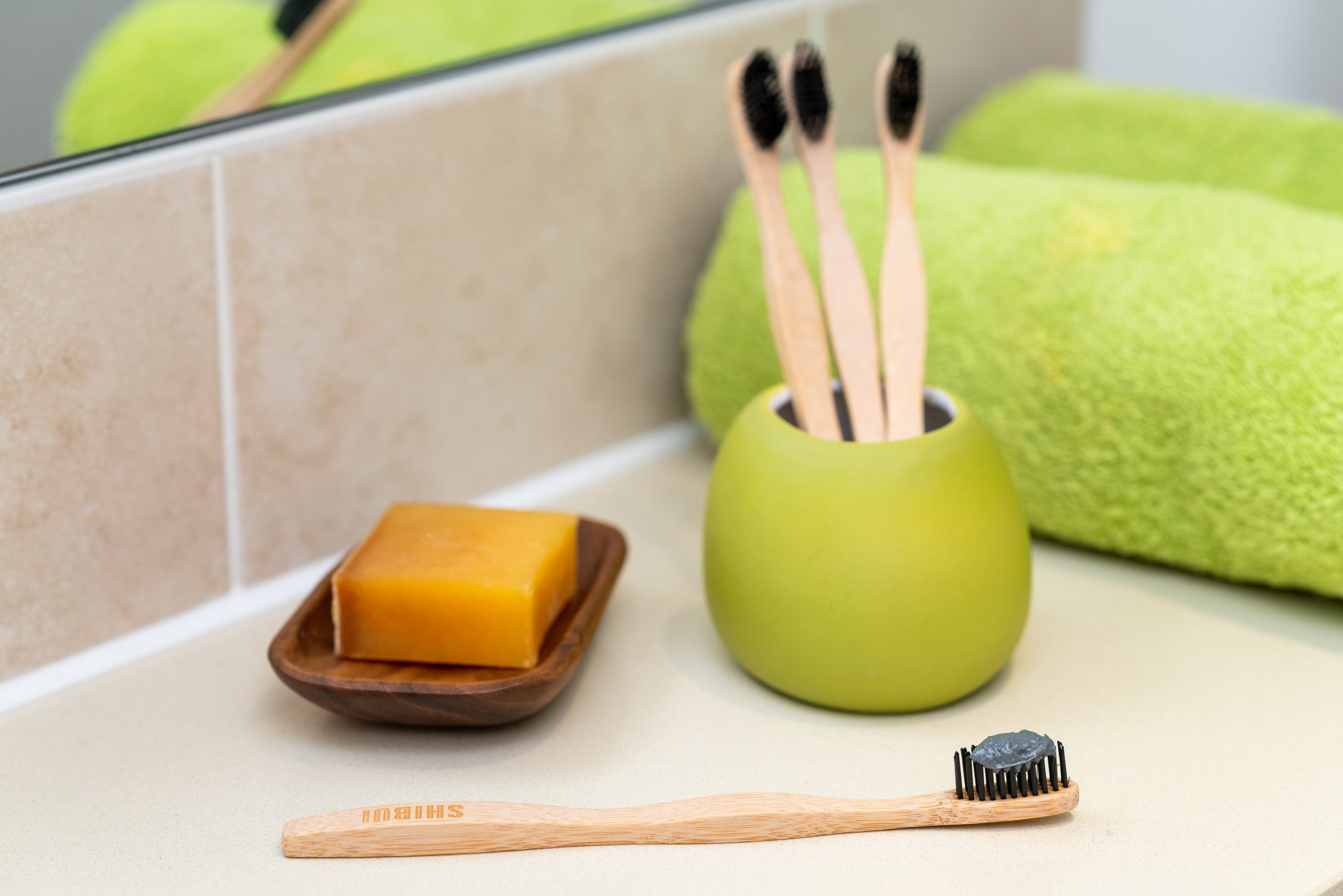As we all become increasingly environmentally conscious consumers, we give more consideration to the kinds of purchases we make and their potential to have a negative impact. It’s become a matter of course that we are all learning different ways to shop and live, so new and unfamiliar things are constantly entering our lives. One major area of focus is the reduction of plastic use.
A material that has seen a significant increase in usage in recent years is bamboo. If you have never thought about the nature and benefits of bamboo products before, then now is a better time than ever to start! The development of the material may be something that is addressed worldwide, but its origins certainly prove that not everything made in China has to be cheap and disposable!
Let’s take a look at everything to do with bamboo products, from their growth in popularity to the different types of available products, to exactly why they are deemed to be so good for the environment.
The Growth of Bamboo Products
The demand for bamboo products is more popular now than it has ever been. Global revenue has surged of late, and this can be put down to a growing focus from people to seek out more sustainable products that don’t pose as much of an impending threat to the environment compared to things like single-use plastic.
It is estimated that online sales of bamboo products will have passed the $10 billion dollar mark by the end of 2021, a combination of growing environmental awareness and the cultural effects of the ongoing COVD-19 pandemic on retail and living situations.
It is no surprise that the current and expected future largest market for bamboo products is East Asia given the huge regional population and that China is the world’s largest producer of raw bamboo. (India is the world’s second-largest.)
What Are the Environmental Benefits of Bamboo Products?
Bamboo is a type of grass and is the fastest growing plant on earth, which makes it highly sustainable. A plant can grow to its full size in just 3 to 4 months, compared to a standard tree that can take more than 30 years! This means a bamboo forest can rejuvenate in just three to five years. Added to this is the fact that bamboo agriculture does not require any pesticides or chemicals.
Bamboo is incredibly strong and durable, sometimes referred to as green steel. Its durability means that a bamboo product is going to have a much longer lifespan than paper or plastic.
Bamboo is safe and hygienic, being naturally antibacterial without needing any kind of chemical treatment during manufacture.
Bamboo absorbs twice as much carbon dioxide compared to other trees whilst generating a vast amount of oxygen, up to 30% more. What this means is that the very process of growing bamboo to be harvested for manufacturing is much more carbon-friendly than other trees. Bamboo plants also have incredibly strong roots in the ground which help to make the soil more stable in the area. This means that the land is being restored even as the bamboo is growing.
Bamboo is biodegradable and can be composted. All of this means bamboo is more sustainable than paper and plastic. Bamboo’s flexibility makes it ideal for a whole range of purposes.
Types of Bamboo Products
There are many eco-friendly bamboo products if you want to reduce the amount of paper, plastic, disposable and single-use products you consume.
Here are some of the most popular kinds of items that people are now choosing to buy in the form of bamboo over other more ‘traditional’ materials.
- Kitchen items such as cutlery, along with reusable options for mass consumer items things like coffee cups, flasks, lunch boxes, straws, dishcloths, etc.
- Bathroom items, most commonly bamboo toothbrushes and toiletry cases, safety razors, toothbrush holders, soap dishes.
- Hygiene products such as toilet tissue, kitchen paper, and paper towels.
- Dining items such as serving trays and dinner trays for breakfast in bed, chopsticks, steamers, storage jars, salad bowls.
- Grooming items such as hairbrushes, makeup remover pads, combs, cotton buds.
- General household and lifestyle products like air purifying bags, laundry baskets, watches, sunglasses, even Bluetooth speakers!
- Bamboo is also widely used in construction in the East and many Western architects have a view that it should be more widely used in the developed world where there is a massive reliance on steel.
- There is also an increase in the number of manufacturers using bamboo as a fabric for all purposes from underwear to soft furnishings.
The next time you need to make a purchase, take the time to find out if it is available made from bamboo. It’s an easy way to be committed to the cause of climate change and be more eco-friendly.

